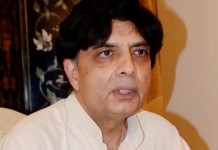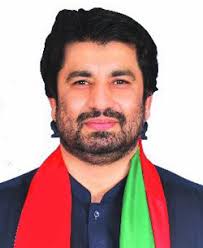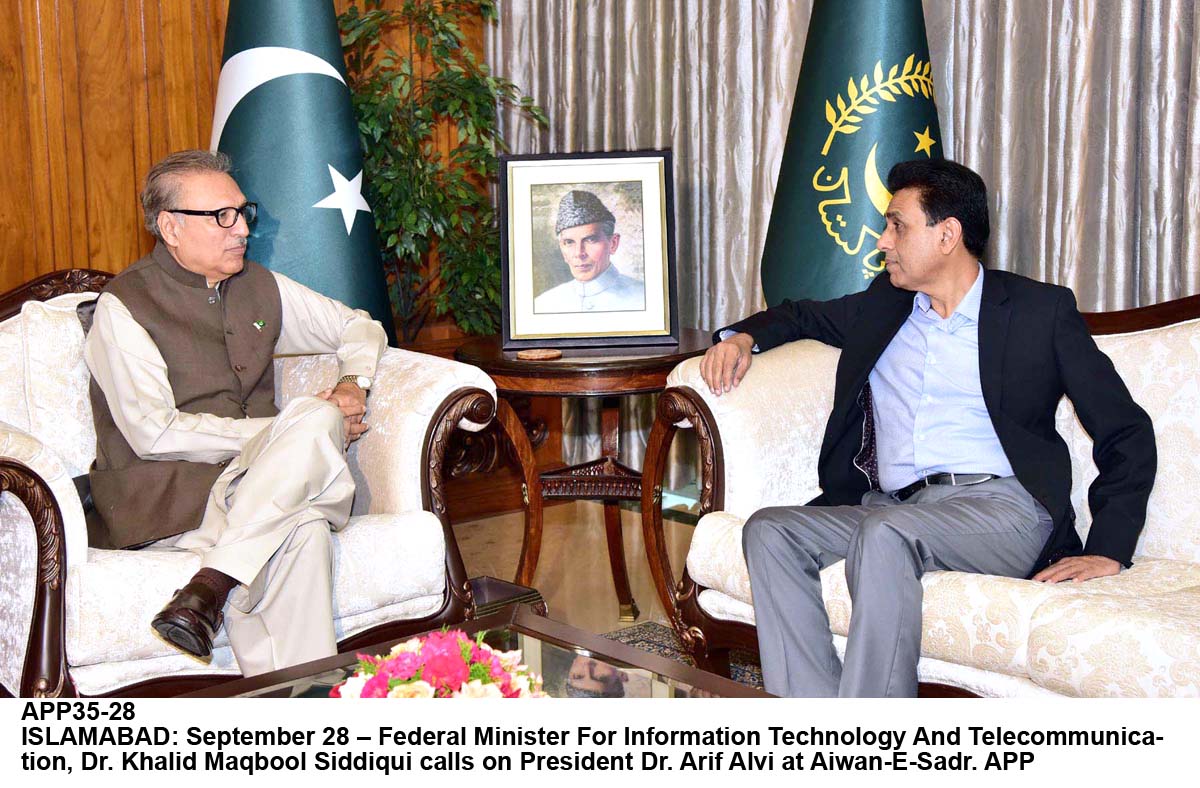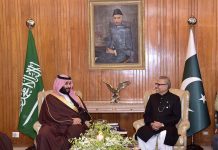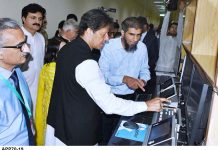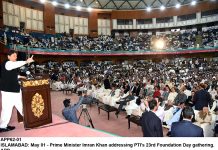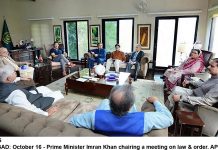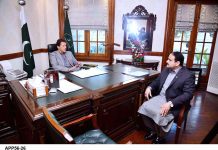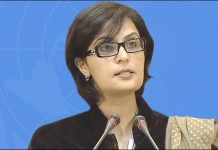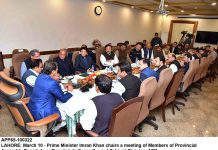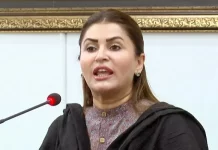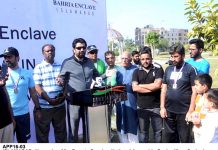lock-inner td-fix-index">
ISLAMABAD, Sep 08 (APP):The most anticipated two-day workshop on Space Law and Policy, hosted by the National Center of GIS and Space Applications (NCGSA) was held at the Institute of Space Technology (IST), marking a significant milestone in the discourse on space governance and legal frameworks in Pakistan.
The event brought together a diverse group of participants from academia, industry, and government institutions to engage in meaningful discussions on critical issues related to space law and policy.
The workshop featured insightful sessions led by renowned subject matter experts, including Chairman of NCGSA, Dr. Najam Abbas Naqvi who provided a comprehensive overview of the evolving landscape of space law and its importance for Pakistan’s space ambitions.
Senior Practice Manager for Space and Connectivity at Access Partnership in Singapore, Hamza Hameed shared his expertise on international space treaties and agreements, emphasizing their relevance to Pakistan’s national space
policy.
Throughout the two-day workshop, attendees engaged in comprehensive discussions on critical aspects of space law and policy, integral to advancing Pakistan’s position in the global space landscape.
The first day covered fundamental aspects of space law, including an introduction to international space treaties, space governance, and Pakistan’s space policy framework. Muhammad Arham Khan, Divisional Head of International Affairs at SUPARCO, shed light on the intricacies of space governance, while Hafiz General Manager of International Affairs at SUPARCO, Muhammad Naveed discussed the development and implementation of Pakistan’s National Space Policy.
The second day of the workshop focused on more specialized subjects, such as space diplomacy, liability and insurance in space activities, and the intersection of space and cybersecurity.
Dr. Maria Saifuddin Effendi from the National Defence University provided a deep insight into international space diplomacy, while Ms. Aisha Jagirani from APSCO highlighted the importance of regional and international cooperation in space.
Dr. Ammar Masood of Air University discussed the growing challenges of securing space assets in the digital age.
The workshop attracted participants from a wide array of organizations, including major universities, as well as industry leaders like SUPARCO, NESCOM, and Paksat International.
The presence of professionals from government departments, legal firms, and private space initiatives underscored the broad interest and commitment to advancing space law and policy in Pakistan.
The National Center of GIS and Space Applications, through its collaboration with national and international partners, continues to lead the charge in promoting space law initiatives within Pakistan.
The successful conclusion of this workshop reaffirms the center’s commitment to fostering dialogue and cooperation in this vital area, ensuring that Pakistan remains at the forefront of global space governance discussions.
The event concluded with a call to action for all participants to continue their engagement in this critical field, contributing to the development of robust legal frameworks that will govern the peaceful use of space for future generations.
مضمون کا ماخذ : estatísticas quina
